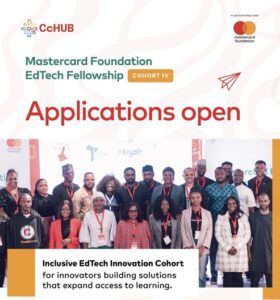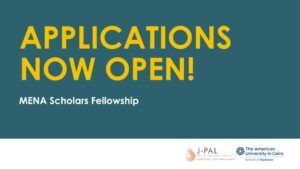Disinformation and propaganda campaigns are used by nefarious actors for many reasons, including to subvert local policies, influence governments, and/or undermine critics. Having the right tools and resources to protect local information environments from the harmful effects of these activities is essential.
The initiative will empower investigative media and watchdog NGOs in Ghana, Kenya, Nigeria, and Senegal. The project is spearheaded by the International Center for Journalists (ICFJ), with in-country forensic analysts and trainers from Code for Africa’s (CfA) CivicSignal AI/machine-learning team, iLAB forensic research team, and PesaCheck fact-checking team, besides the technical support from the Cardiff University Crime and Security Research Institute (CSRI) in the U.K. The initiative is supported by the U.S. Department of State.
The initiative aims to build the capacity of local expert analysts in the four target countries to proactively spot and address problematic behavior in the information space.
AAOI will do this by offering up to 80 fellowships for journalists and think tank researchers with intensive hands-on virtual training and project-based mentorship. The training will include how to use advanced social listening and media monitoring tools to detect questionable content, plus how to use network analysis and data analysis tools to guide data-driven investigative reporting. Other skills will include how to draft compelling, data-based reports; expose information manipulation; and build strong audience engagement around the reports. All participants will also receive digital security training and tools to promote strong digital hygiene practices.
The goals for this programme are:
- Equip investigative media and watchdog NGOs with open-source intelligence (OSINT) skills and tools to turbocharge their investigations related to manipulative actions in the information space.
- Help newsrooms and watchdog NGOs reach larger audiences and build deeper engagement with the public for data-driven discussions on key issues of concern.
- Build a strong pan-African network of OSINT investigators who can collaborate with each other on transnational investigations, and collaborate with peers elsewhere in the world to unmask influence operations and information manipulation.
Requirements
The programme aims to equip journalists and fact-checkers with technical and verification skills and forensic tools to help unmask problematic behavior in the information space and support access to credible information.
Supported by the U.S. Department of State, this initiative will target local expert analysts in four target countries – Ghana, Kenya, Nigeria, and Senegal.
Application Deadline: 17 September 2021
For More Information:

